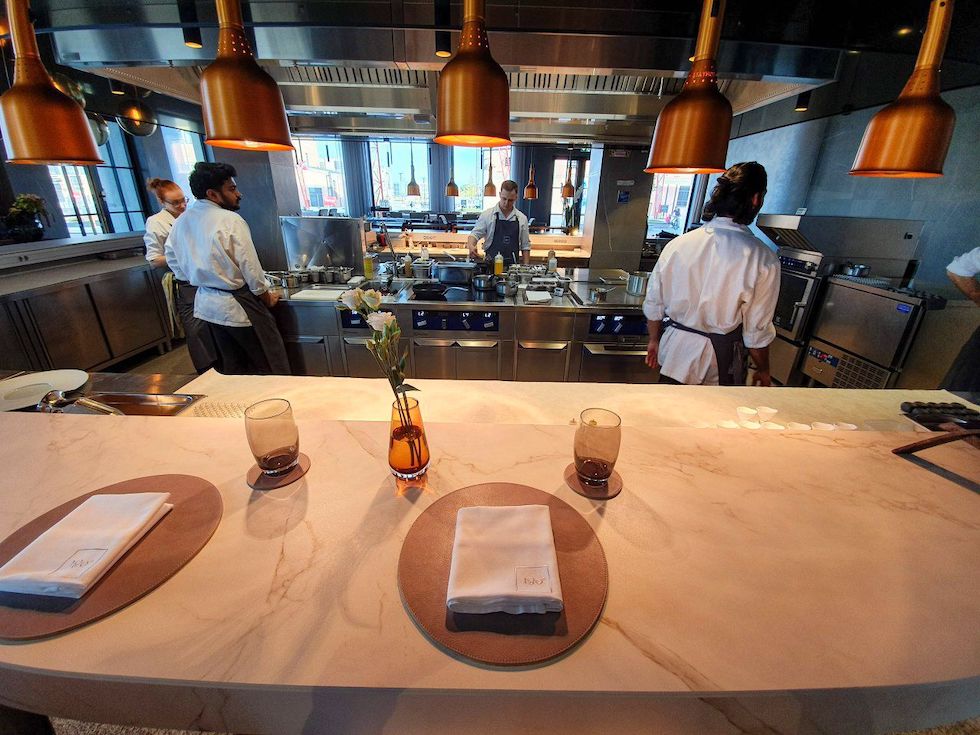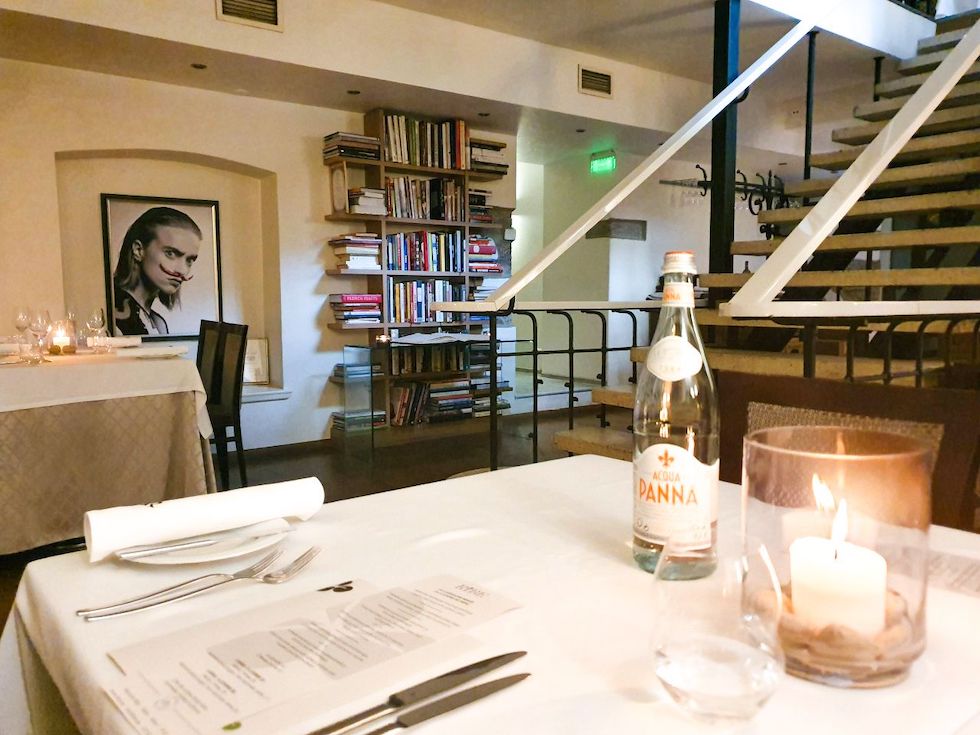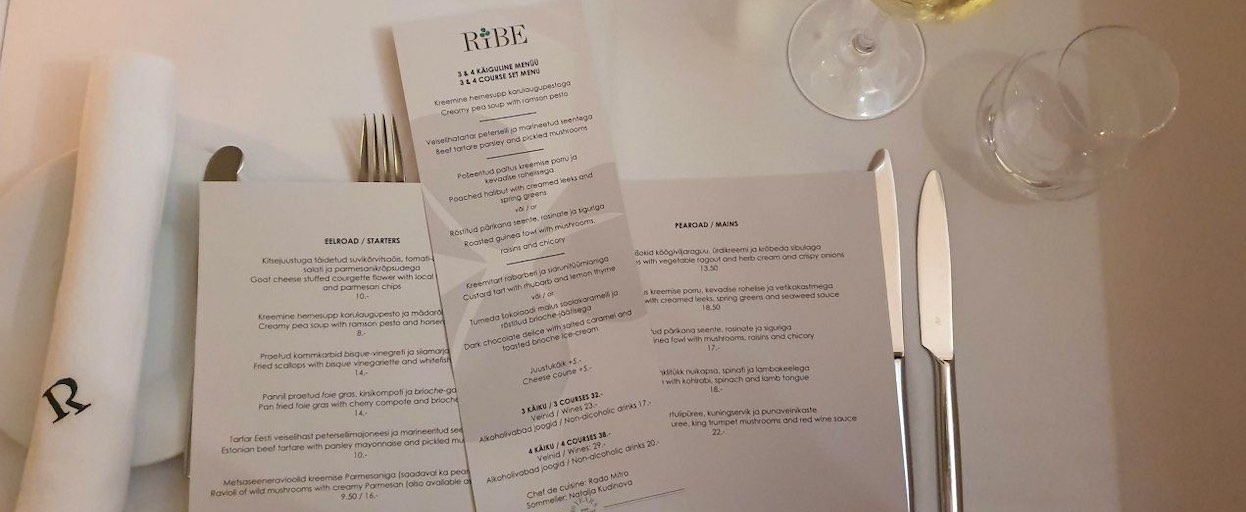Fine Dining Etiquette – How to Split the Bill
In our previous article about fine dining etiquette, we covered some of the basics for people who enter the world of fine dining for the first time. Today I want to cover the intimidating and oftentimes, controversial area around splitting the bill. When done smoothly, it feels good and comfortable. However if done incorrectly it may be a rather stressful experience. Not only can it shed a negative light on the whole dining experience, it may also sour the relationship between the diners going forward.
How do we ensure that the bill is split correctly and fairly? There are a few ways of doing it, and which method you choose depends on the situation and the people dining. To help us navigate this subject, we have turned to etiquette expert Bonnie Tsai of Beyond Etiquette to provide some tips and advice on this.
Who Should Pay?
First of all let’s look at the different ways to split a bill. While not technically splitting, one way is that one person takes the entire bill themselves. Another way is that diners pay for what they had individually and finally there’s averaging the bill and dividing it evenly between all diners.

The Inviter
When you are the one who has initiated and invited people for a restaurant, Bonnie advises that “normally, the host would pay for the bill especially if they invited their guests. However, if you, as the host, intend to split the bill with your guests then it is a conversation that should happen when the invitation is extended. Keep in mind that if you intend to split the bill with your guests, choose the restaurant that would be within their financial means rather than a restaurant that is too extravagant. If you choose a restaurant knowing that it is outside of their financial means, it can be interpreted as insensitive and inconsiderate.”
As the inviter, to make it understood you want to split the bill, you could say, “would this place be ok for you? I don’t want us to go somewhere too expensive”. Or to be a bit more direct you could also say, “I ‘d like to suggest a place. Would it be ok if we split the bill?”
The Invitee
On the flip side, when you are the invitee and “you would like to split the bill with your host, you’re welcome to have the conversation before the occasion or when the bill arrives at the table. More often than not, the host expects to pay the full amount as they were the ones to have invited you, but if you choose to split the bill it’ll also be a pleasant surprise to the host. Keep in mind that the host can still insist on paying the bill and suggest you host the next meal instead”, as Bonnie explains.
Equal Relationship
In the scenario where you are “equal” as in good friends or colleagues, you can be more relaxed about how to communicate that you want to split the bill. Bonnie told us it can be agreed either before the occasion or when the bill arrives at the table. How formal/informal it should be depends on your relationship with the other person.

To Insist or Not to Insist?
What if you want to insist on splitting the bill? Bonnie said, “again, it depends on the relationship you have with the other person. If you feel that they have paid for the last few meals and you’d like to return the favor then it could be a great opportunity to show your appreciation.”
Now that we have reached the point where the decision is to split the bill, how should it be done? As mentioned before, splitting the bill can be done by person or evenly across all diners.
Split by Person
In the case of splitting by person, Bonnie advises that “if each person ordered things that has a huge difference in cost and total amount then it could be a good idea to split by person. For example, if you ordered a couple glasses of wine with steak whereas your friend only ordered a salad with a soda then it would be a good idea to split the bill by person since they shouldn’t have to pay for your meal choices.”
Split Evenly
When we approached Bonnie about splitting evenly, then her suggestion was, “if you and your guest ordered items that are around the same price and split a bottle of wine, it would be a good idea to split things evenly. However, keep in mind to always discuss with your fellow diners rather than make an assumption that it’ll be split evenly. They may feel that they didn’t order things in the same price range or that they may not have had as much wine as you.”
Unequal Order
Equally, if there is a group of people and one person is not drinking alcohol at all, but the rest is, it should be pointed out that that person should pay for whatever they had and then the rest could split the balance evenly. The non-drinker might of course refuse this option and insist on splitting equally with all the others. However, it should not be taken for granted that the non-drinker pays for others’ drinks.

Don’t take advantage
Finally, if you are the invited guest and are aware your host will pay for the bill, how should you order so as not to appear to be taking advantage? Bonnie advises that “you can take into account the host’s recommendations and pay attention to what the host orders. From there you can then select a dish within a similar price range as not to appear you’re taking advantage of them paying for the bill.” Basically, you could ask “what is good here?” or “what are you thinking of ordering?” This will give the host the time to make a suggestion and state how many courses and what they can be accompanied with (e.g. wine pairing or a bottle of wine to share).
Play It Safe
You definitely don’t want to overdo your drinks order if your host doesn’t drink and you don’t want to order more courses than they do. These two scenarios could be considered faux pas – more on that juicy subject in my future article. Given someone else is nice enough to pay your bill you want to be mindful not to take advantage of the situation.
While the topic of money and paying bills can be awkward and even taboo in some cultures and situations, with the advice and tips above I hope you will be more comfortable next time you are involved with the bill, especially when you do not know your fellow diners too well.
